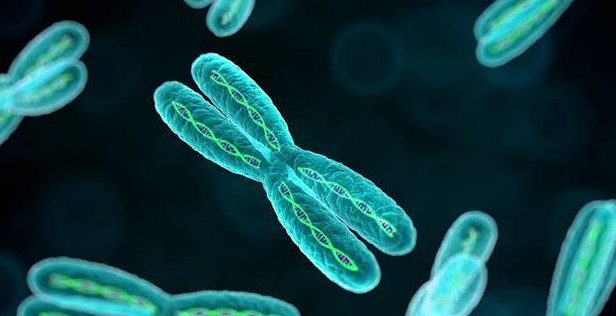
The next important weapon in the fight against cancer could be a lot closer than you think: According to a new study, a powerful tool for keeping the most common forms of cancer at bay may be sitting right in your gut.
In a report published in the International Journal of Molecular Sciences, Dr. Vladimir Titorenko, a professor of biology at Concordia University in Canada, and his colleagues show that lithocholic acid — a bile acid produced in the liver — is particularly effective in killing cancer cells.
For the study, the research team tested thousands of chemicals found in the body with the help of a robot and discovered more than 20 that could delay the aging process, something inevitably linked to cancer.
Most effective was lithocholic acid. When entering a cancer cell, the acid goes to “energy factories” called mitochondria and then sends molecular signals that lead to the cells’ demise. It not only helped slow the aging process but also had an anti-tumor effect, killing cells of breast, prostate and neuroblastoma cancer — in a petri dish, that is.
Indeed, these results aren’t applicable to humans — yet. Dr. Titorenko’s team performed the first round of studies using yeast because of the similarities in the ways aging progresses, and the ways it can be delayed by some diets, among both yeast and humans.
“Various cancers are associated with aging — the older you get, the more instances we see of diseases like breast and prostate cancer — so studying how diet can slow that aging process is important,” says Dr. Titorenko.
The researchers are now testing whether the same bile acid can delay the development of prostate cancer in laboratory mice. If those trials confirm the anti-tumor effect of lithocholic acid, the hope is that it will have a similar effect in human patients, along with the possibility of slowing the human aging process in general.
“We are attempting to understand what kind of molecular processes within our cells are responsible for cell aging and aging-associated death,” Dr. Titorenko says. The ultimate objective of the research, he says, is “to find ways that natural chemical products can delay aging and the diseases associated with it.”
Adding years of human life?
These findings are the latest in an exciting new line of research on cellular aging processes. Last month, scientists at the Stanford University School of Medicine discovered a way to slow cell aging by increasing the length of telomeres — the caps that protect our chromosomes from deterioration, like the tips on the end of a shoelace.
Telomeres naturally shorten over time, leaving the chromosome open to damage and leading to the development of age-related diseases like cancer, diabetes, and heart disease. The Stanford scientists developed a method to lengthen telomeres by as much as 1,000 nucleotides, which, according to the researchers, “turns back the internal clock in these cells by the equivalent of many years of human life.”
While most of these methods are still in the early stages of development, research has shown there are things we can all do, right now, to slow down the process of cellular aging and fend off associated diseases. For instance, a 2014 study found that women who engage in three basic lifestyle behaviors — eating a healthy diet, being physically active, and getting enough sleep — have less telomere-shortening over time than women who don’t maintain healthy lifestyles.
